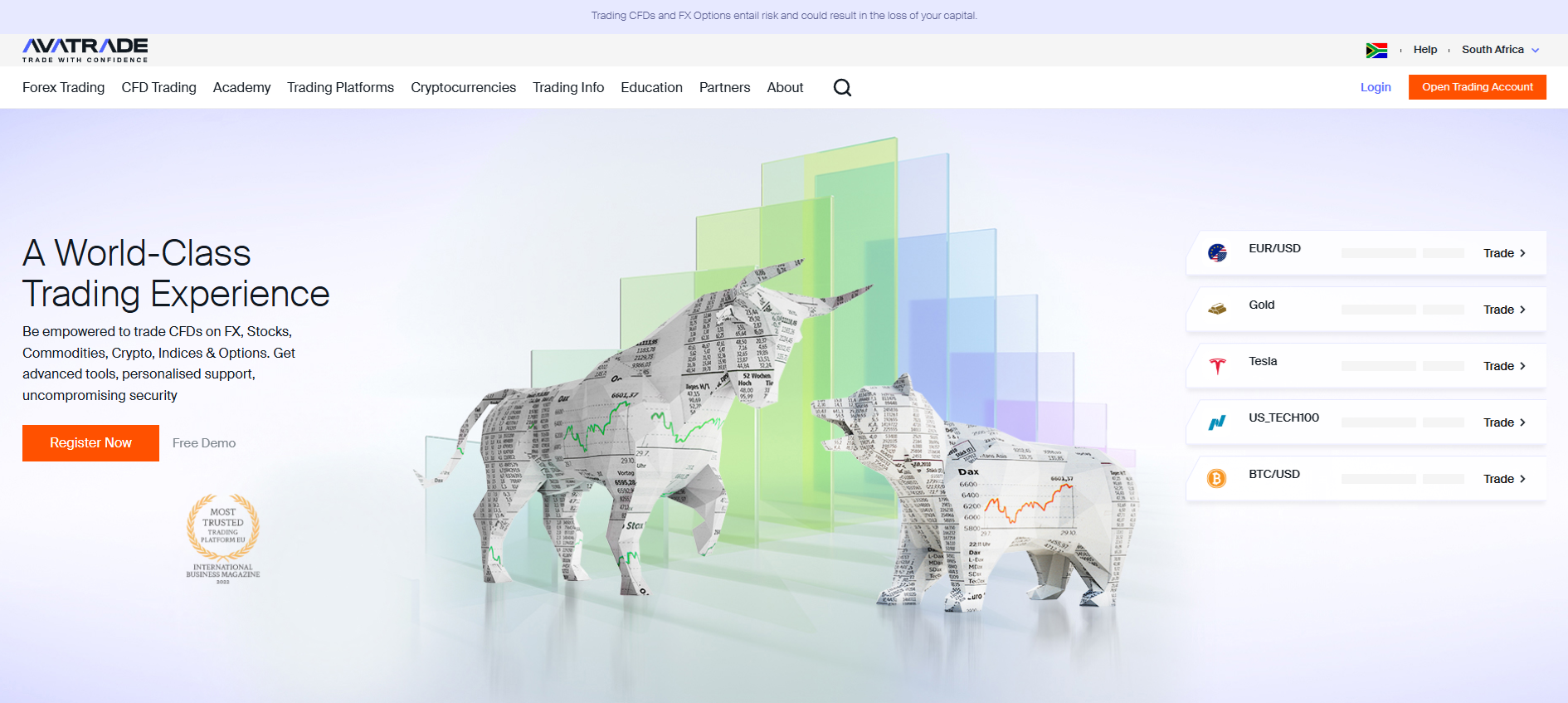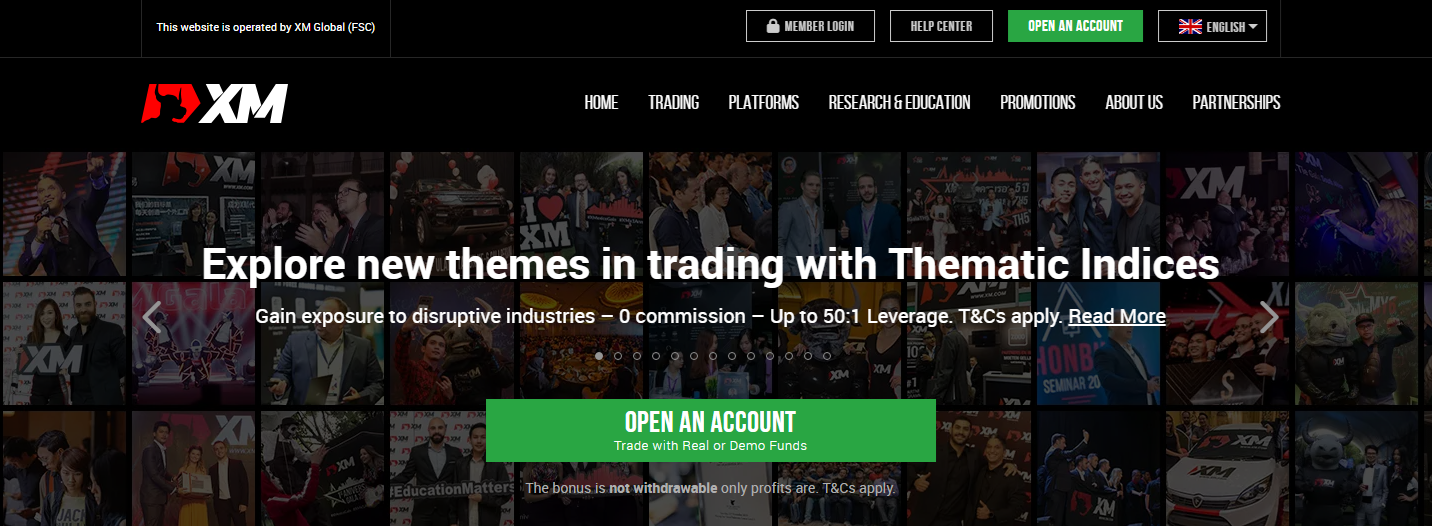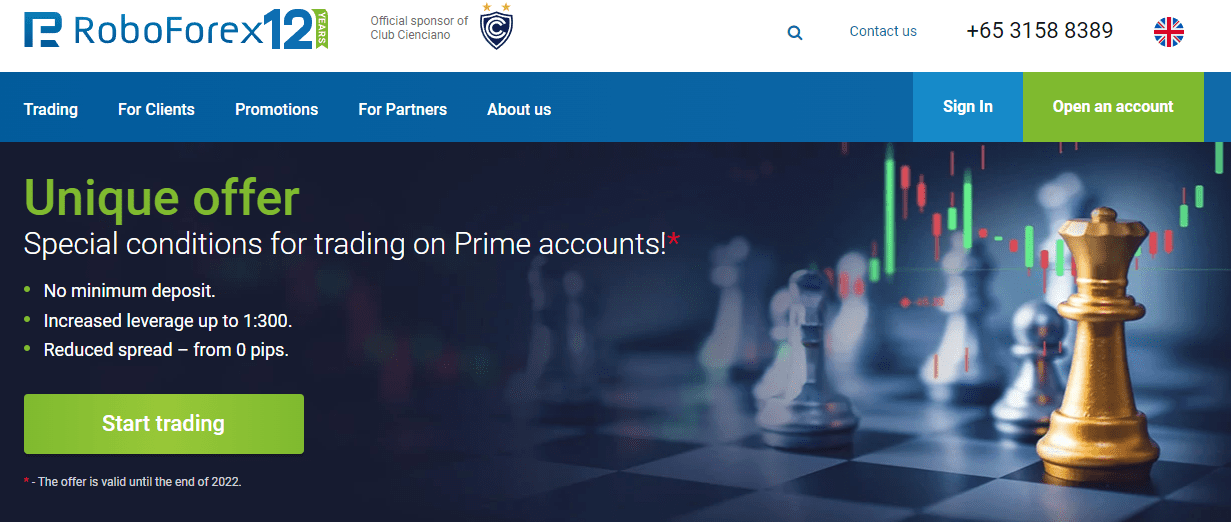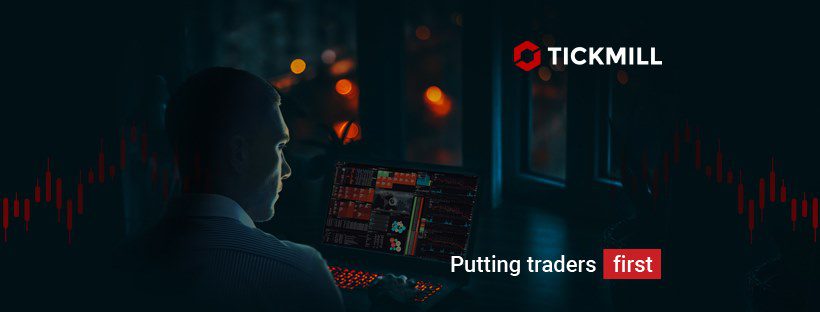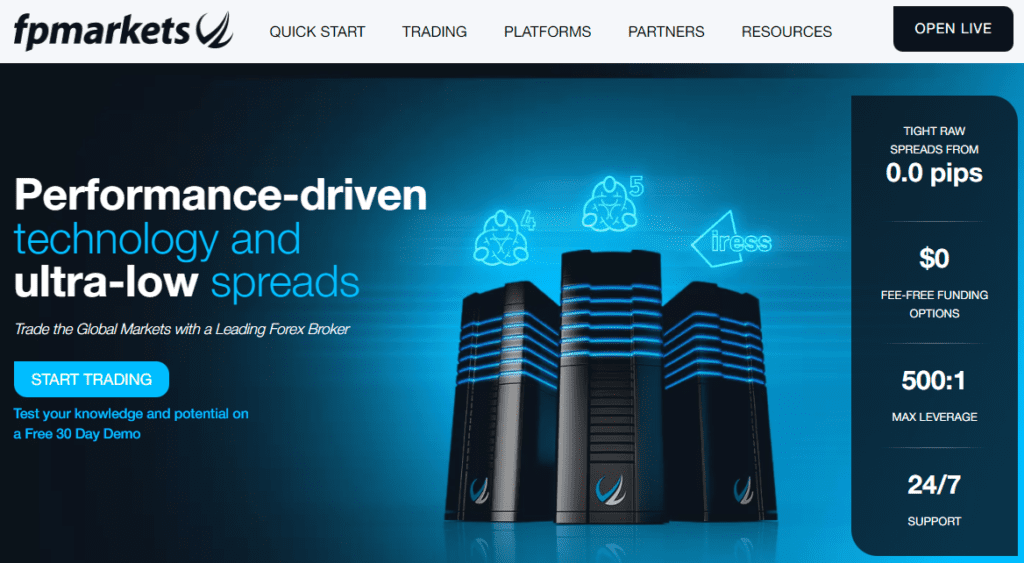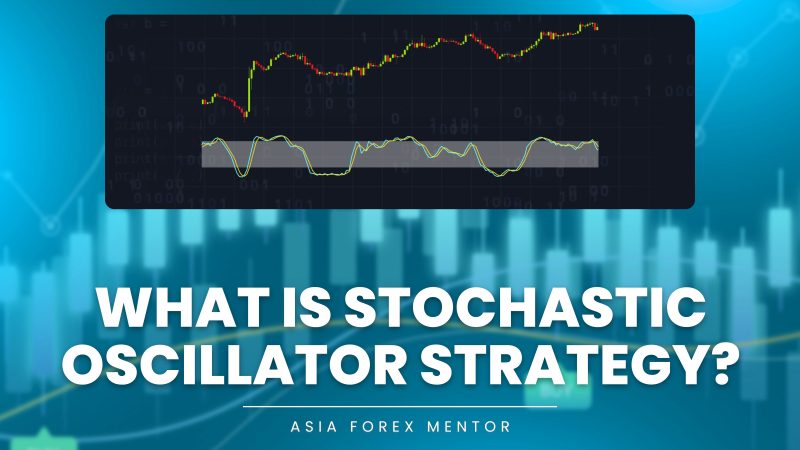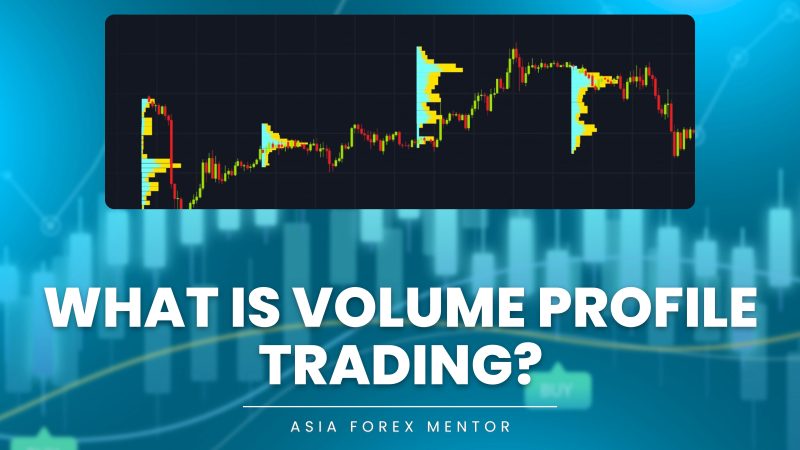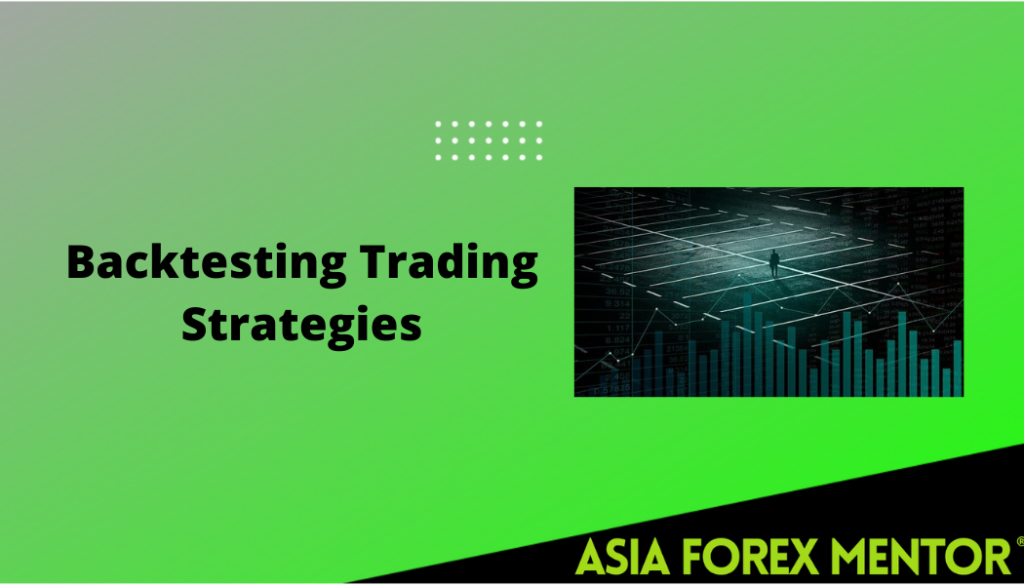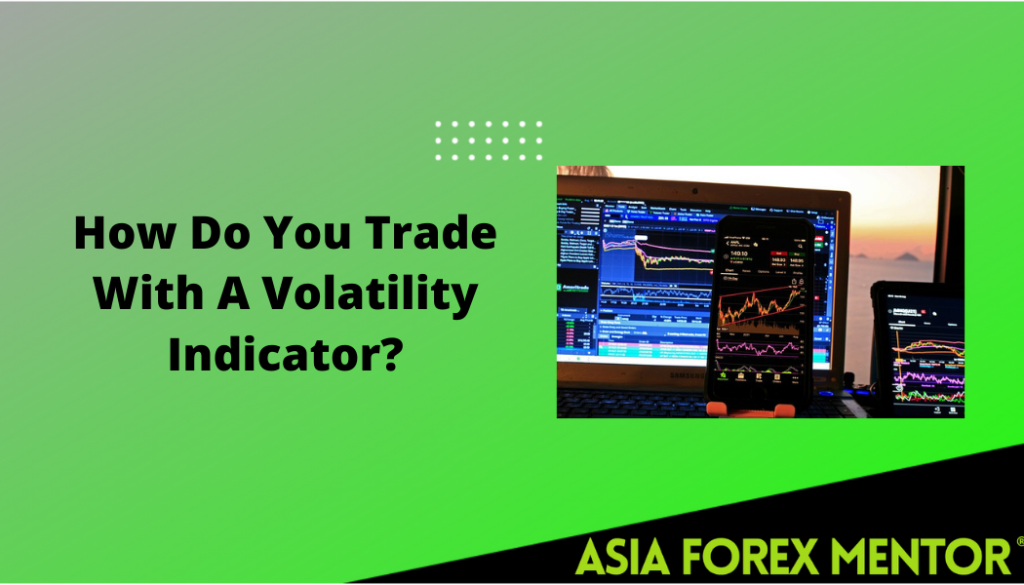Finding the best forex brokers in Argentina can be a game-changer, whether you're a beginner trader or a seasoned investor. With the right forex broker, Argentinian traders can access international trading platforms, trade in foreign currency, and make the most of their trading strategies in the competitive forex market. This guide covers the top brokers that are trusted by argentinian forex traders, offering secure environments, low trading costs, and powerful tools to support both new and experienced forex traders.
As forex trading becomes increasingly popular in Argentina, choosing the right broker is more important than ever. From understanding forex trading legal requirements to finding brokers with the best currency pairs and trading instruments, this guide provides insights into what makes these brokers stand out. Whether you're looking to trade through international forex brokers or those tailored for Argentinian traders, these options offer the right mix of value, security, and robust trading platforms to help you reach your goals in the financial markets.
Why Choosing the Right Forex Broker in Argentina Matters
Choosing the right forex broker in Argentina is crucial for a successful trading experience. With numerous forex brokers in Argentina offering various trading instruments, it's essential to select one that aligns with your trading goals and provides a secure environment.
Key Considerations for Argentinian Traders:
- Regulation and Security: Ensure the broker is regulated by reputable authorities, such as the National Securities Commission, to protect your investments.
- Trading Costs: Look for brokers with competitive spreads and low commissions to minimize trading costs.
- Trading Platforms: Opt for user-friendly and reliable trading platforms that offer advanced tools and features.
- Customer Support: Responsive and knowledgeable support can assist with any issues or questions that arise during your trading journey.
- Account Types: Choose brokers that offer various account options, including raw spread accounts, to suit different trading strategies.
The 14 Best Forex Brokers in Argentina
#1. AvaTrade: Best Overall for Traders in Argentina
What is AvaTrade?
AvaTrade is a globally recognized online broker specializing in Forex and CFD trading, offering a wide range of instruments including commodities, stocks, ETFs, bonds, cryptocurrencies, and indices. It is heavily licensed and regulated by multiple authorities, such as the Central Bank of Ireland (CBI), the Australian Securities and Investments Commission (ASIC), and the Financial Services Agency (FSA) of Japan, ensuring stringent compliance and the safety of client funds. AvaTrade's user-friendly platforms, competitive spreads, and comprehensive educational resources make it a preferred choice for traders in Argentina.
Advantages and Disadvantages of AvaTrade
AvaTrade Fees and Commissions
AvaTrade operates on a commission-free model, earning revenue through the bid/ask spread, which is incorporated into the quoted rates. While there are no deposit or withdrawal fees, an inactivity fee of $50 is charged after three months of inactivity, and an annual administration fee of $100 is applied after one year of inactivity. Overnight funding fees may also apply for positions held open overnight.
OPEN AN ACCOUNT NOW WITH AVATRADE AND GET YOUR WELCOME BONUS
#2. XM
What is XM?
XM is a well-established forex broker founded in 2009, offering a diverse range of trading instruments including forex, commodities, indices, and stocks. The broker provides access to both MetaTrader 4 and MetaTrader 5 platforms, catering to traders of all experience levels. XM is regulated by multiple authorities, including the Australian Securities and Investments Commission (ASIC) and CySEC, ensuring a secure trading environment. For traders in Argentina, XM is appealing due to its low minimum deposit requirement, negative balance protection, and a variety of account types to suit different trading strategies.
Advantages and Disadvantages of XM
XM Fees and Commissions
XM offers tight spreads starting from 0.6 pips on major currency pairs, with no commissions on standard accounts. For XM Zero accounts, spreads can go as low as 0.0 pips, with a commission of $3.50 per lot per side. The broker does not charge deposit or withdrawal fees and provides a $30 welcome bonus for new clients, making it an attractive option for traders in Argentina.
OPEN AN ACCOUNT NOW WITH XM AND GET YOUR WELCOME BONUS
#3. RoboForex
What is RoboForex?
RoboForex is an international forex broker established in 2009, offering a wide array of trading instruments including forex, stocks, indices, and cryptocurrencies. The broker provides access to multiple trading platforms such as MetaTrader 4, MetaTrader 5, cTrader, and its proprietary R Trader platform. RoboForex is regulated by the International Financial Services Commission (IFSC), ensuring a secure trading environment. For traders in Argentina, RoboForex is notable for its low minimum deposit, variety of account types, and promotional programs, making it a versatile choice for both beginner traders and seasoned investors.
Advantages and Disadvantages of RoboForex
RoboForex Fees and Commissions
RoboForex offers competitive spreads starting from 0.0 pips on ECN accounts, with a commission of $20 per million traded. Standard accounts have spreads starting from 1.3 pips with no commission. The broker does not charge deposit fees and offers a 50% welcome bonus on the first deposit, providing added value for traders in Argentina.
OPEN AN ACCOUNT NOW WITH ROBOFOREX AND GET YOUR WELCOME BONUS
#4. Tickmill
What is Tickmill?
Tickmill is a globally recognized forex broker established in 2014, offering a range of trading instruments including forex, commodities, and indices. The broker provides access to the MetaTrader 4 platform, known for its reliability and advanced trading tools. Tickmill is regulated by reputable authorities such as the Financial Conduct Authority (FCA) and CySEC, ensuring a secure trading environment. For traders in Argentina, Tickmill stands out due to its low trading costs, fast execution speeds, and variety of account types, catering to both beginner traders and experienced investors.
Advantages and Disadvantages of Tickmill
Tickmill Fees and Commissions
Tickmill offers tight spreads starting from 0.0 pips on Pro accounts, with a commission of $2 per lot per side, making it one of the most cost-effective brokers in the industry. Standard accounts have spreads starting from 1.6 pips with no commission. The broker does not charge deposit or withdrawal fees and provides a $30 welcome bonus for new clients, making it an attractive option for traders in Argentina.
OPEN AN ACCOUNT NOW WITH TICKMILL AND GET YOUR WELCOME BONUS
#5. FP Markets
What is FP Markets?
FP Markets is an Australian-based forex broker established in 2005, offering a wide range of trading instruments including forex, commodities, indices, and cryptocurrencies. The broker provides access to both MetaTrader 4 and MetaTrader 5 platforms, catering to traders of all experience levels. FP Markets is regulated by the Australian Securities and Investments Commission (ASIC) and CySEC, ensuring a secure trading environment. For traders in Argentina, FP Markets is appealing due to its competitive pricing, fast execution speeds, and variety of account types, making it suitable for both beginner traders and seasoned investors.
Advantages and Disadvantages of FP Markets
FP Markets Fees and Commissions
FP Markets offers tight spreads starting from 0.0 pips on Raw accounts, with a commission of $3 per lot per side, providing a cost-effective trading environment. Standard accounts have spreads starting from 1.0 pips with no commission. The broker does not charge deposit or withdrawal fees and offers a 30% welcome bonus for new clients, making it an attractive option for traders in Argentina.
| Rank | Broker | Description |
| 6 | Fusion Markets | Fusion Markets is a globally recognized forex and CFD broker favored for ultra-low fees and transparency. Popular among Argentinian traders, Fusion offers very tight spreads (EUR/USD spreads starting around 0.1 pips) with commissions among the lowest in the industry. The MetaTrader 4 and MetaTrader 5 platforms are supported, and more than 120 financial instruments are available. Fusion Markets is regulated by ASIC and VFSC, ensuring a strong legal framework, and the account setup is straightforward with a $0 minimum for the Classic account. Withdrawals are fast and inexpensive, and there are no hidden fees or deposit/withdrawal charges. The broker's client support is responsive, with service in English and resources for Latin American clients. Fusion stands out for its reliable execution and trustworthiness, making it a strong option for Argentinians seeking value and long-term security in forex trading. |
| 7 | Global Prime | Global Prime appeals to Argentinian traders looking for low spreads (typically 1.0–1.3 pips on majors), no hidden fees, and free deposits and withdrawals. It’s regulated by ASIC and VFSC, offering solid protection. Global Prime boasts excellent transparency, providing detailed trade receipts and access to deep liquidity pools, an advantage for active traders. Their platforms include MetaTrader 4 and TraderEvolution with a variety of account types. Educational webinars and customer support (including email and live chat) receive strong reviews. While the $200 minimum deposit for the standard account could be seen as a barrier for some beginners, the quality of execution, institutional-grade tools, and open approach have made Global Prime a respected brand in the Argentinian forex community. The lack of local Spanish support is a minor disadvantage, but the broker remains a top-ranked contender on industry lists. |
| 8 | Capital.com | Capital.com is a multi-award-winning broker distinguished by an intuitive web and mobile platform, AI-powered risk management, and over 3,000 different instruments (currencies, stocks, commodities, and more). Argentinian traders benefit from tight spreads, zero commission, and a fast digital onboarding. Regulated by the FCA, CySEC, and ASIC, Capital.com ensures robust investor protection. The minimum deposit is low ($20 on cards), education is available in multiple languages, and customer support is accessible around the clock. Capital.com stands out for its modern app, easy account management, and a demo platform that’s popular with new traders. Its clear focus on technology, commission-free trading, strong compliance, and educational webinars makes it a favorite among Argentinian traders who want simplicity, safety, and diversification in their trading experience. |
| 9 | Vantage | Vantage attracts Argentinian traders with its combination of competitive fees (spreads from 0.0 pips on RAW account), solid regulation (ASIC, FCA, CIMA) and access to MetaTrader 4, MetaTrader 5, and proprietary copy/social trading tools. Vantage accounts suit every trader, from scalpers to long-term investors, providing leverage up to 1:500 and a smooth, digital onboarding process. The broker requires a $50 minimum deposit and charges no inactivity or withdrawal fees, making it affordable and flexible. Market research, educational resources, and round-the-clock support are geared for Spanish and Latin American users. Vantage also offers deep liquidity and fast order execution, crucial for Argentina’s active trading market. Its clarity of pricing, reliable operations, and effective mobile apps explain why Vantage regularly makes top broker lists for Argentina in 2026. |
| 10 | Axi | Axi, formerly AxiTrader, is an Australian-headquartered broker well-known for its fully digital sign-up, very low trading fees (including $0 standard account commission), and extensive currency pairs (over 80 FX pairs). Argentinian clients are drawn to its support for MetaTrader 4 and a range of account types, including swap-free Islamic options. Axi’s transparency, no fees on deposits or withdrawals, and responsive multilingual support make it friendly and accessible. The broker also offers advanced tools such as PsyQuation analytics and trading signals, alongside educational content for all skill levels. Regulated by ASIC and FCA, Axi is praised for its stability and reliability, and its account opening process is fast and uncomplicated. The lack of a proprietary platform or local Spanish support are minor drawbacks, but Axi remains a preferred choice for many Argentinian forex traders seeking a secure and low-cost partner. |
| 11 | Exness | Exness offers Argentinian traders a seamless onboarding process, no deposit or withdrawal fees, and access to all major MetaTrader platforms. Known for consistently low spreads, reliable execution, and high leverage, Exness supports retail and professional traders. Regulated by CySEC, FCA, and other global entities, it gives strong protection of client funds. Exness provides trading for a wide list of currency pairs and CFDs, plus local deposit options for Argentina. Its minimum deposit is very low, making it accessible, and customer support is multilingual, though 24/7 support in Spanish may be limited. Exness is highly trusted for its transparency, low costs, and balance between platform sophistication and user-friendliness, which explains its continued popularity with Argentinian FX traders in 2026. |
| 12 | Hantec Markets | Hantec Markets is a reputable international broker with a presence in Latin America, known for its low trading fees, wide product range (forex, commodities, indices), and no fees on deposits or withdrawals. Regulated by the FCA and other authorities, Hantec offers both MetaTrader 4 and MetaTrader 5, plus high leverage and fast trade execution. The broker is praised for transparency in pricing, educational support, and the ability to cater to traders of all levels. Hantec’s personalized client service, reliability, and regular analytics appeal to Argentinians seeking experienced FX providers, but there’s no dedicated local branch, so direct Spanish telephone support may be limited. Hantec’s strong safety record makes it a competitive option for those prioritizing cost and range of products in Argentina’s market. |
| 13 | VT Markets | VT Markets stands out for low trading costs, transparent pricing, and good customer support, offering access to MetaTrader 4/5 and a proprietary mobile app. Argentinian clients can take advantage of flexible account options, fast account setup, and responsive service channels. Spreads are competitive, there are no hidden fees, and both fiat and crypto deposit methods are accepted. VT Markets is regulated by ASIC and the Cayman Islands, reinforcing client safety. The low minimum deposit plus solid global education support make VT Markets a practical, modern choice for Argentine traders looking for flexibility and low-barrier entry to the forex market. |
| 14 | GO Markets | GO Markets is an ASIC-regulated broker popular in Argentina for its low costs, easy sign-up, and broad educational library. The broker provides access to MT4/MT5 platforms and offers a full suite of over 700 trading instruments. GO Markets does not charge withdrawal or inactivity fees and provides prompt customer support, though primarily in English. Low spreads, flexible leverage, and strong risk management tools help both novice and experienced Argentinian traders execute strategies efficiently and securely. |
OPEN AN ACCOUNT NOW WITH FP MARKETS AND GET YOUR WELCOME BONUS
How to Get Started with a Forex Broker in Argentina
Step 1: Choose a Reputable Forex Broker
Look for a regulated broker that accepts Argentinian clients. Ensure they offer a user-friendly trading platform and a variety of trading instruments.
Step 2: Open a Trading Account
Visit the broker's website and sign up for a trading account. You'll need to provide some personal information and verify your identity.
Step 3: Fund Your Account
Deposit funds into your account using available methods like bank transfers or credit cards. Be mindful of any trading costs or fees associated with deposits.
Step 4: Download the Trading Platform
Install the broker's trading platform on your computer or mobile device. Familiarize yourself with its features and tools.
Step 5: Start Trading
With your account funded and platform ready, you can begin trading currency pairs. Start with small trades to build confidence and experience.
Also Read: The 5 Best Forex Brokers in Mexico in 2026
Conclusion
Finding the best forex broker in Argentina is all about matching your needs with the right platform and support. Whether you're a beginner trader or someone with more experience, the right broker can make all the difference, from trading costs to account options and customer service. By choosing a reliable, regulated broker with great tools, you'll be ready to trade forex confidently and make the most of the opportunities in the financial markets.
FAQs
1) What should I look for when choosing a forex broker in Argentina?
Prioritize regulation (global Tier-1/2 where possible), low all-in trading costs, available platforms (MT4/MT5/web), fast funding/withdrawals, strong customer support, and product range (FX, indices, commodities, crypto-CFDs if allowed). For a global overview of top picks, see the best forex brokers, and drill down by model with best ECN brokers and best low-spread brokers.
2) Are international (offshore) brokers legal to use from Argentina?
Retail traders in Argentina commonly use internationally regulated brokers. Always confirm a broker accepts Argentine residents and review its risk disclosures. If you prefer top-tier frameworks, consult our roundup of FCA-regulated forex brokers.
3) Which trading platforms are most popular for Argentina-based traders?
MT4 and MT5 dominate thanks to EAs, custom indicators, and widespread broker support. Compare the landscape here: MT4 forex brokers and best MT5 brokers. If you want broader tooling beyond FX, see our best trading platform guide.
4) I’m a beginner in Argentina. Where should I start?
Start with education, a risk plan, and a broker that offers micro lots and good tutorials. Our starter guides: How to start forex trading and Forex brokers for beginners.
5) What account types fit Argentine traders (Standard vs ECN/Raw)?
Standard accounts bundle costs inside the spread (simple for new traders). ECN/Raw accounts add a commission but offer tighter spreads, better for strategies sensitive to spread. See comparisons in best ECN brokers and best raw spreads brokers.
6) Which internationally known brokers often serve LATAM traders?
Many Argentina-based traders evaluate global names like Pepperstone, IC Markets, FP Markets, Exness, XM, FXTM, OANDA, Tickmill, Plus500, IG, and Octa. Always verify current acceptance of Argentine residents.
7) What leverage should I expect?
Leverage varies by broker entity and regulation. Focus on risk controls first (position sizing, stop-losses). If leverage is core to your plan, study pros/cons here: best high-leverage forex brokers.
8) How do I evaluate “true” trading costs in Argentina (spreads, commission, swaps)?
Calculate all-in cost = spread cost + commission (if any) + overnight financing (swap). Our cost-focused roundups: best low-spread forex brokers and best raw spreads brokers.
9) Which brokers offer the best mobile experience for Argentine traders?
Mobile matters if your internet is variable. Compare leaders in our best forex mobile apps 2025 guide, then cross-check with individual broker reviews (e.g., Pepperstone, IC Markets).
10) Can I fund accounts in USD or local currency?
Most international brokers support multi-currency wallets; funding options differ by region. If USD exposure is desired, also review US forex broker considerations (useful for understanding dollar-centric funding).
11) What is the safest way to store my profits?
Trading profits remain in your broker wallet until withdrawn. If you also invest in crypto, learn secure custody best practices separate from your trading account: what are stablecoins (for understanding fiat-pegged tokens) and crypto vs stock market dynamics.
12) Are there brokers with strong education for Spanish-speaking traders?
Many global brokers offer Español resources (webinars, articles). Independently of language, start with the AFM education hub: How to start forex trading, backtesting trading strategies, and indicator guides like Average Directional Movement Index.
13) What instruments (beyond FX) do Argentina-based traders often use?
Index CFDs (US30, US100), commodities (gold, WTI/Brent), and sometimes crypto-CFDs if available. See deep dives: forex gold trading brokers and forex oil trading brokers.
14) How do I compare execution quality and slippage?
Look for brokers disclosing fills, partial fills, and slippage stats. ECN/Raw models can help in liquid sessions. Review model nuances: best ECN brokers.
15) What risk management rules are essential in Argentina’s volatile FX context?
Define max risk per trade (e.g., 0.5–1%), use stop-losses, respect news/rollover times, and backtest. Tooling help: stop market orders and reversal reading in how to spot trend reversals.
16) Is MT4 enough, or should I switch to MT5?
MT4 is still fine for most retail systems; MT5 offers more timeframes, symbols, and improved strategy tester. Benchmark both via MT4 forex brokers and best MT5 brokers.
17) Do Argentine traders use copy trading or signals?
Yes, but vet risk and fees. For self-direction, consider education over tip-following. If you evaluate signals anyway, start at our neutral overview: forex signals (title mentions “crypto signals” too, but the piece frames signal usage concepts you can transfer).
18) What spread should I expect on major pairs?
Expect fractions of a pip on Raw/ECN during liquid hours; wider on Standard accounts or off-hours. Compare with our cost-centric lists: best low-spread forex brokers and best raw spreads brokers.
19) Are there Argentina-specific tax rules for FX profits?
Tax obligations exist; consult a local professional. For broader context on money management and markets, see: what are defensive stocks (portfolio balance concepts) and dividend investing.
20) Which brokers are strong for algorithmic/EAs from Argentina?
Look for stable MT4/MT5 connectivity, VPS partners, and permissive algo policies. Many algo traders shortlist IC Markets, Pepperstone, FP Markets. Compare platform support in best MT5 brokers.
21) Can I trade crypto pairs with FX brokers?
Some forex brokers offer crypto-CFDs. If you prefer dedicated venues, compare Kraken vs Coinbase and see crypto vs stock market. Remember: CFD rules and availability vary by region.
22) What deposit/withdrawal methods are common for Argentine residents?
Cards, bank wires, and e-wallets are typical. Speed and fees vary by broker entity. Read real-world sections in broker reviews such as Exness, XM, OANDA, FP Markets.
23) Which brokers are known for strong regulation and brand reputation?
Tier-1 names often include IG, OANDA, and regionally strong ECN choices like IC Markets and Pepperstone. Cross-reference the umbrella list: best forex brokers.
24) How do I avoid scams targeting LATAM traders?
Check regulation, segregated funds, transparency on costs, and real support channels. Red flags: guaranteed returns, pressure for big deposits, and withdrawal hurdles. For diligence mindset, review our neutral frameworks: best international brokers in UAE (methodology applies across regions) and the general best forex brokers.
25) What’s a sensible first deposit for Argentine beginners?
Only what you can afford to lose while learning risk control, often a few hundred USD equivalent with micro lots. Pick a “beginner-friendly” broker from forex brokers for beginners.
26) Should I pick fixed or variable spreads in Argentina?
Variable spreads are common and tighter during liquid hours; fixed spreads can help during news/illiquid times but may cost more on average. Benchmark options in best low-spread forex brokers.
27) Is social/copy trading available with brokers that accept Argentina?
Often yes (native or via third-party plugins). Always test with a small allocation first. For independent system design, read backtesting trading strategies.
28) Which order types should I master early?
Market, limit, stop, and stop-loss are essential; bracket orders help with discipline. Start here: stock order types (principles apply in FX) and stop market orders.
29) Any tips to trade during Argentina-friendly hours?
Major liquidity overlaps (e.g., NY open) can align with Argentina afternoons. Spread and slippage usually improve during major sessions. If you must trade off-hours, consider pairs with consistent liquidity and brokers from our best low-spread forex brokers.
30) How do I handle news volatility from Argentina?
Use an economic calendar and avoid over-leveraging into data releases. Practice with micro size first. Learn to read momentum/volatility with Average Directional Movement Index and pattern context like inverted cup and handle.
31) Can I trade commodities like gold and oil from Argentina?
Yes, through multi-asset FX brokers that accept Argentine residents. Compare providers in forex gold trading brokers and forex oil trading brokers.
32) What if I want zero-spread style pricing?
Some brokers market “zero/0.0 pip” during liquid times with a per-side commission. Understand the real (effective) spread. See our best zero spread brokers and best raw spreads brokers.
33) How do I choose between IG, OANDA, Pepperstone, IC Markets, FP Markets, XM, Exness, Tickmill?
Read our reviews for platform coverage, pricing, and products: IG | OANDA | Pepperstone | IC Markets | FP Markets | XM | Exness | Tickmill
34) Is there a single “best” broker for Argentina?
No, match your strategy and constraints (funding options, platform, costs). Start from the curated list: best forex brokers and then refine by model: ECN, low spreads, high leverage, MT5.
35) Any last setup checklist for Argentina-based traders?
- Confirm the broker accepts Argentine residents.
- Verify regulatory status and entity details.
- Test funding/withdrawal methods with a small amount first.
- Choose platform: MT4 brokers or best MT5 brokers.
- Compare pricing: low-spread, raw/ECN.
Start with a risk cap per trade and practice consistent execution (see backtesting trading strategies).

